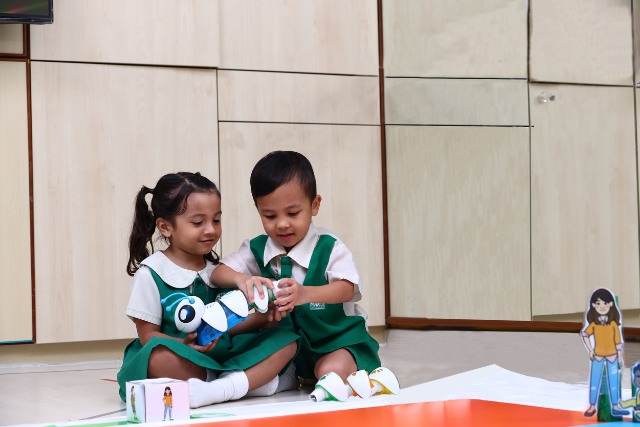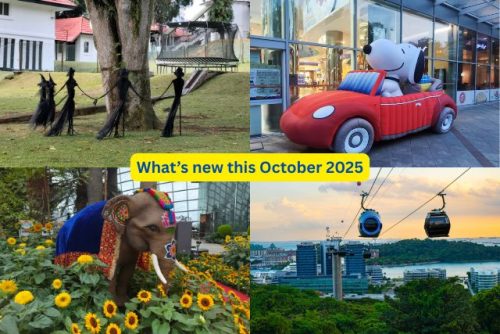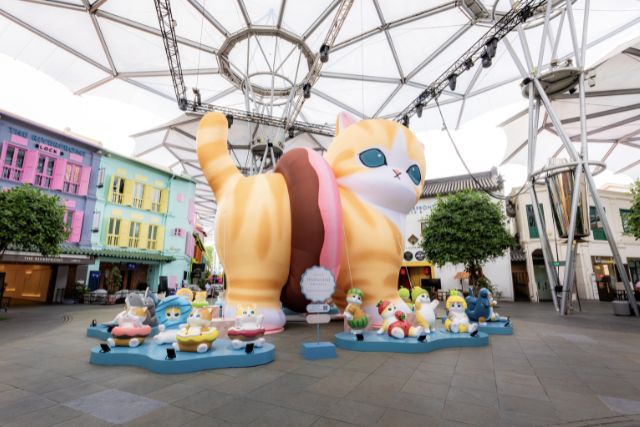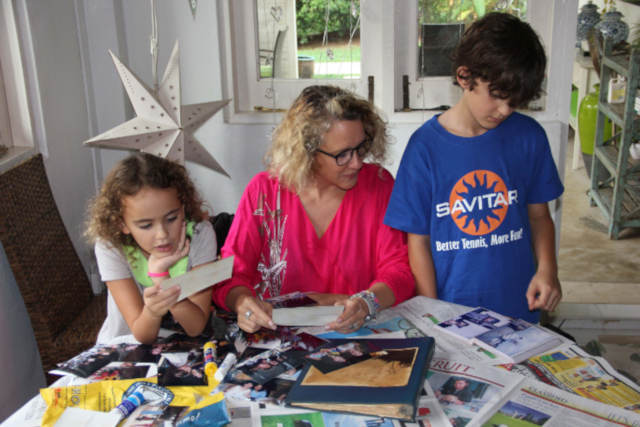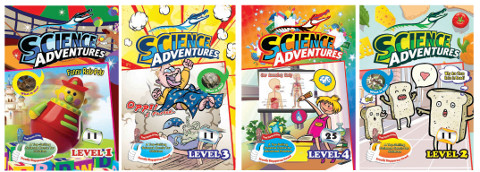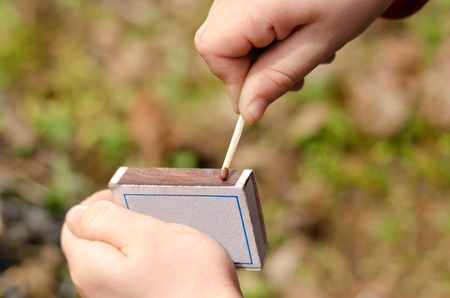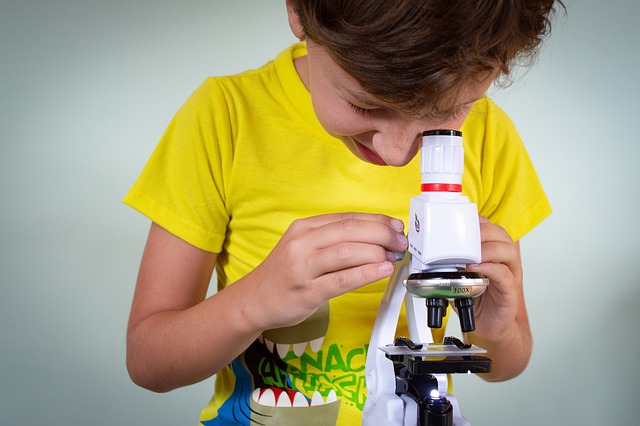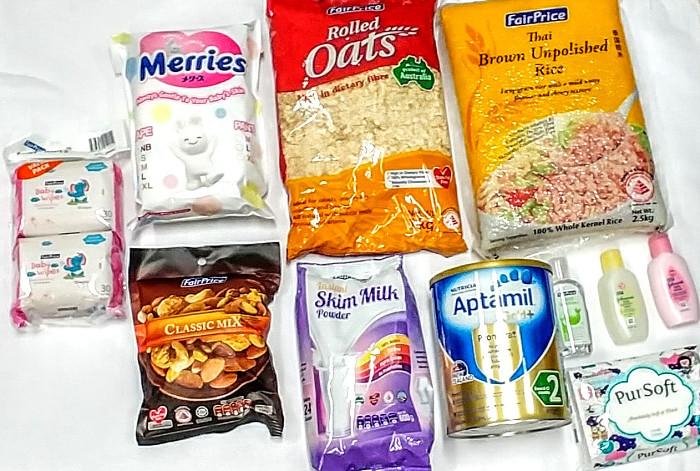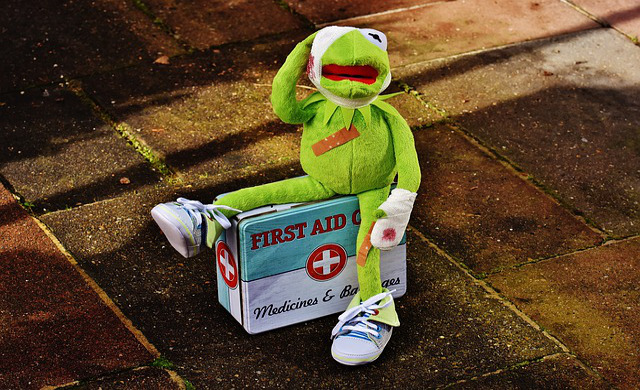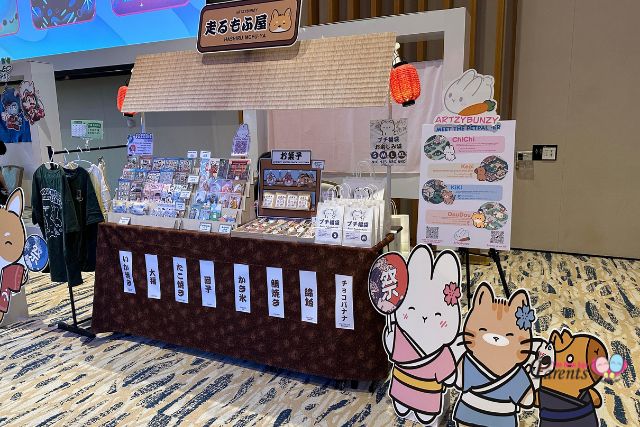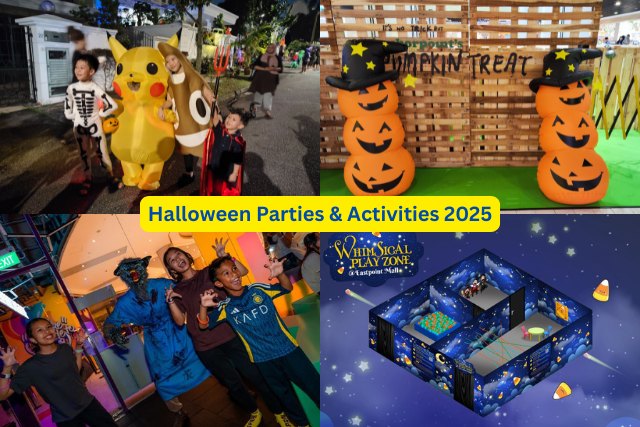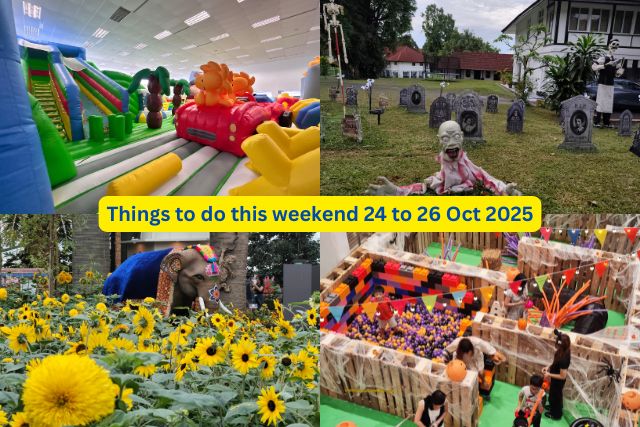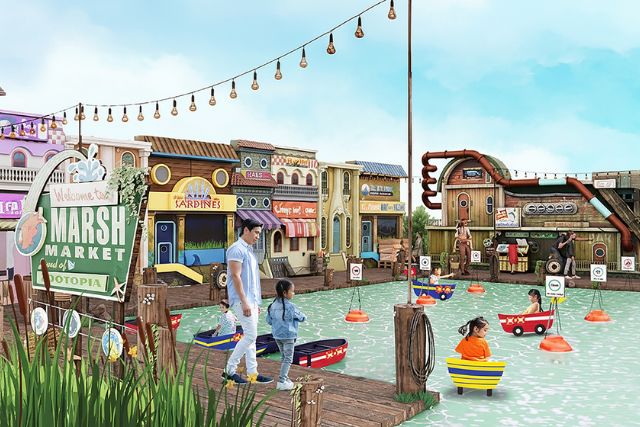What is STEM education about? And why has it been dubbed as the future of education?
We sat in at a STEM class for 4 to 6 years old at Thinker Tinkers to find out more.
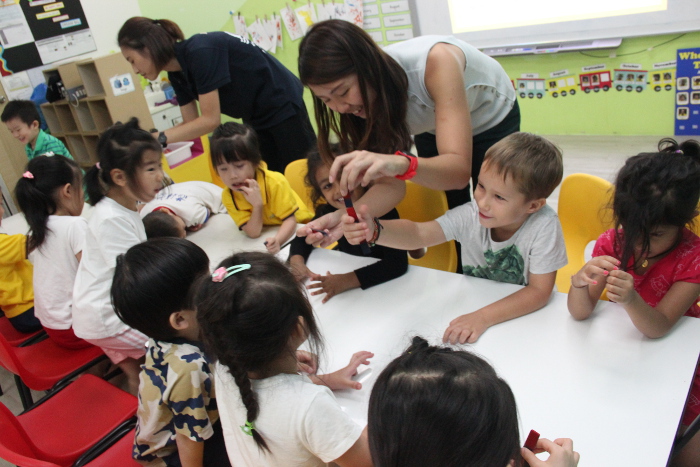
Let’s STEM together
“What happens when you put the two metals close to each other?”
“Why doesn’t the magnet stick to Teacher Fang?”
I’m at a Science, Technology, Engineering and Mathematics, (STEM) session at Thinker Tinkers and the class is bustling with conversations. Questions and answers bounce off like a tennis rally, from teacher to student and back from student to teacher. The class comprising of 4 to 6 year olds, are embarking on a new topic today – Magnetic fields.
Teacher Fang Baojin, distributes their first buzz toy for today’s class, an oval-shaped metal. She gives them an idea of what they can do with the magnets, and gives them time to explore their magnets with a partner.
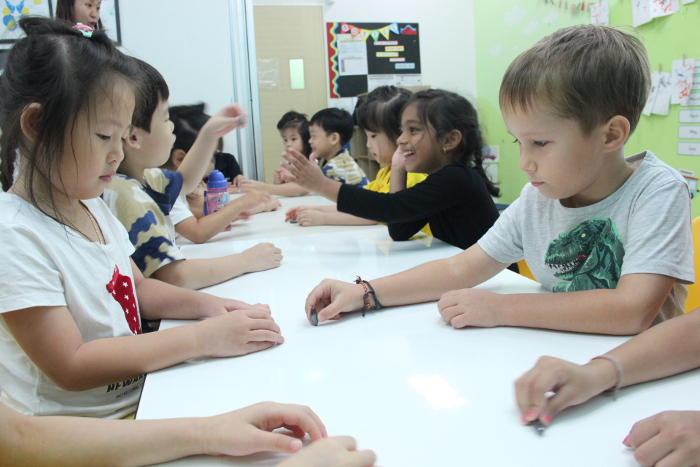
An MOE scholar and ex-MOE Junior College Chemistry teacher, Teacher Fang communicates her observations to the children and probes them further. During discussion time, she asks them what they see, feel or hear. In the process of exploring his magnet with his partner, 6-year-old Yu Heng discovers when he spins the magnet; the magnet close by would spin as well, without any contact. “It’s like dancing!” his partner Myra adds.
The children later move on to different poled magnets, learning what makes two horseshoe magnets move away (repel), and what makes them stick together (attract). Through interacting with their peers and playing with different buzz toys, children learn three fundamental concepts of magnets in the one and a half hour session – attraction, repulsion and the types of magnet.
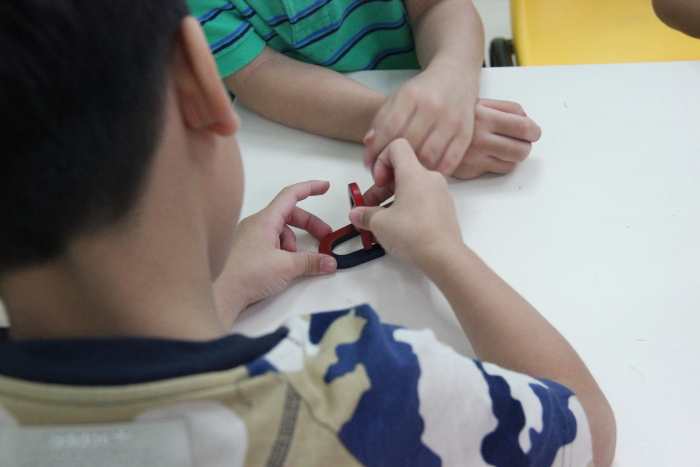
Learning with a Purpose
When you were schooling, did you ever wonder you need to study? Did you wonder how algebra, logarithms or Newton’s law could be useful later on in your life?
One of the biggest challenges in education today is studying without knowing the purpose. Do we want our children to be studying for the sake of getting good grades? Or do we want them to have a personal intrinsic motivation to learn?
STEM: The Future of Learning
STEM impacts every aspect of our lives. Originally from the United States, STEM adopts a multi-disciplinary approach towards understanding of the world and solving problems, instead of teaching Math and Science in isolation.
Through an integrated curriculum, children acquire the skill sets to complement Math and Science concepts. This creates a strong foundation for the mastery of more complex concepts as they progress to upper Primary School.
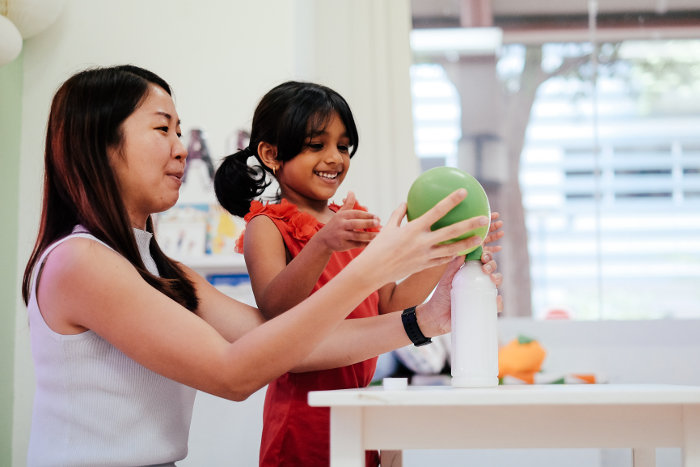
STEM classes encourage children to explore, inquire and learn through questioning and experiments. STEM activities provide hands-on and minds-on lessons for the student, making math and science fun and interesting. It brings relevance through awareness and goes beyond the confines of textbooks.
“I love the sparkle in my daughter’s eyes each time I pick her up from her STEM classes,” says Dr. Fang Zhanxiong, who has been sending his daughter to STEM classes since 2016. “She would rattle off things which I thought were too complex for a four year old. Within this short time, I have seen her take an even greater interest in the workings of the world around her.”
At Thinker Tinkers, asking why is always the main focus, followed by what and how of things.
– Asking why empowers them to find their own purpose and meaning in their own learning.
– Asking why opens their minds; as they go beyond the what and how of doing things.
– Asking why generates innovators.

Thinker Tinkers believe in hands-on activities that inspire curiosity and creativity by encouraging preschoolers to solve real-life problems. They are given opportunities to apply what they learn to solve real-life problems in the world. At the end of each term, your child will:
- Have a strong foundation of science through hands-on activities and projects.
- Be more curious and creative solving real-life problems.
- Be more resilient by embracing failures as positive learning experiences.
- Learn 21st century skills such as collaborate, negotiate and tap on technology.
Free trial classes now available for children between 4 to 6 years old!
Contact 8777 8834 or email info@thinkertinkers.com. For more information, visit www.thinkertinkers.com.
This post is brought to you by Thinker Tinkers.
For more enrichment programmes and preschool tips, read our Enrichment and Preschool Resource Guide, or download it here.
Running a service or business targeted for parents? Reach out to a wider audience in our next Enrichment and Preschool Resource Guide. Leave your contact details here and we will get in touch with you.













